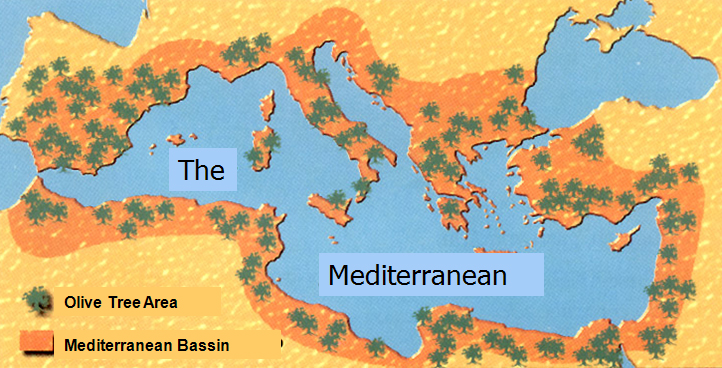The term Mediterranean Diet refers to traditional dietary patterns (more than 60 years ago) found in the areas of the Mediterranean bassin.

This diet has been associated with a less incidence of mortality for cardiovascular disease, and less incidence of cancer and neurodegenerative diseases.
A key piece of evidence of the benefits of the Mediterranean Diet by protecting against cardiovascular disease development has been provided from the results of the PREDIMED Study (Estruch R, et al. NEJM, 2013). We reported a decrease of cardiovascular disease ( defined as a composite of myocardial infarction, stroke, and cardiovascular death) after a 5.5 years (as average) of adherence to a traditional Mediterranean Diet , either enriched with virgin olive oil or with nuts).
There are several variants of Mediterranean diets but some common components can be identified:
- High consumption of grains, vegetables, fruits, dry fruits and legumes
- Olive oil as a main source of fat (replacing other fats)
- Moderate consumption of fish, poultry, milk and dairy products (specially in the form of cheese or yoghurt)
- Low consumption of meat, meat products, and pastries
Associated habits are a high level of physical activity and daily consumption of wine.
